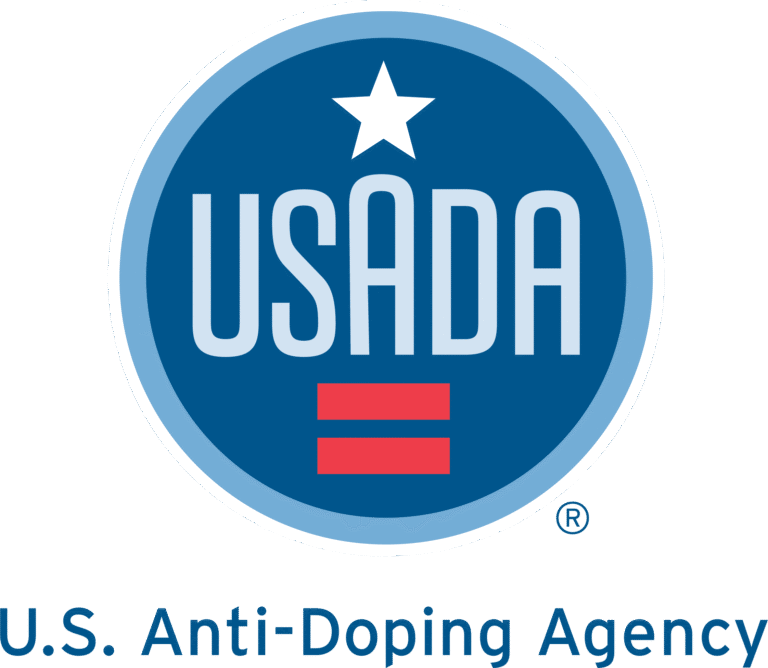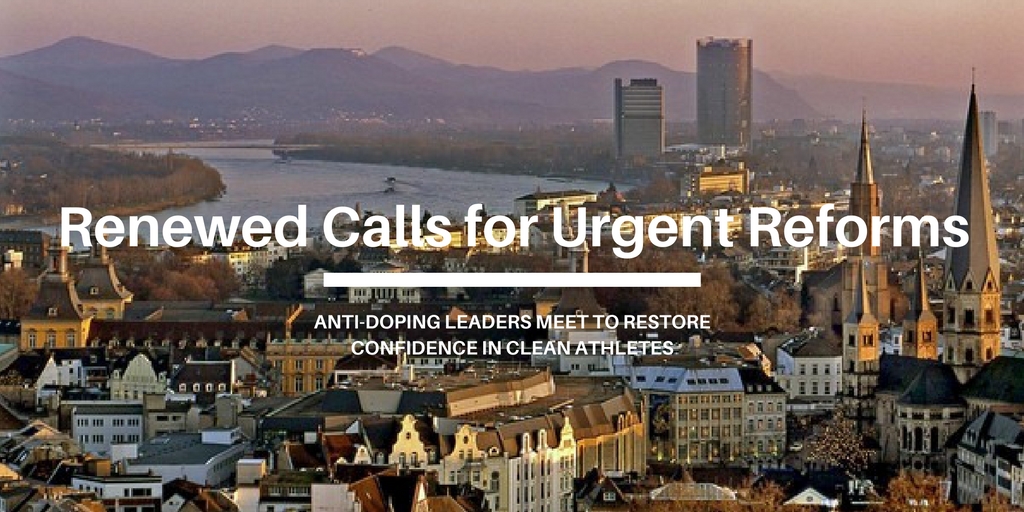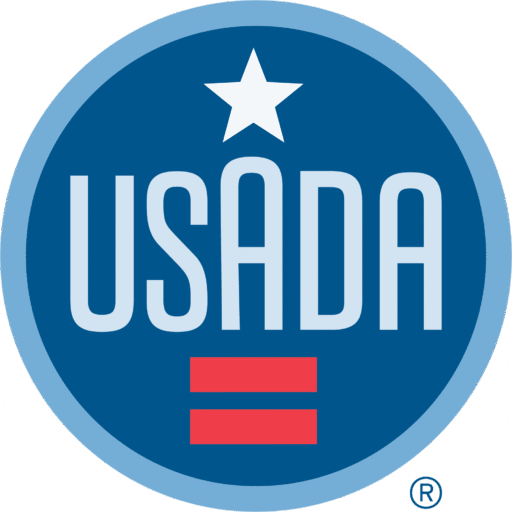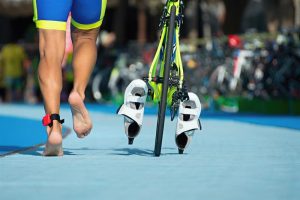- Global leaders meet for second special summit in Bonn, Germany hosted by NADA Deutschland
- Renewed proposals include independent WADA operations for all critical anti-doping functions free from the influence of sport
- Leaders offer to meet with the WADA Executive Committee and with International Olympic Committee President Thomas Bach to discuss sport’s role in global anti-doping reform efforts as well as the possible creation of a single-entity testing unit
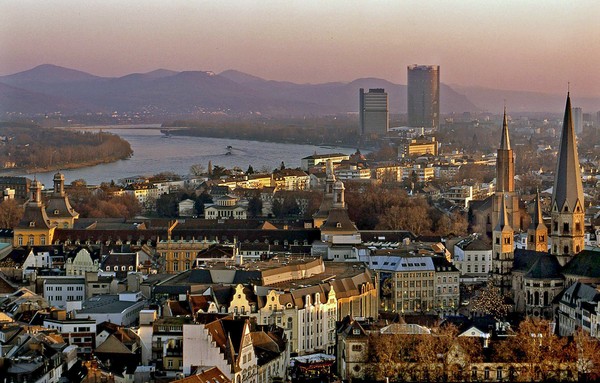
Reaffirming a series of reform proposals presented during the first special summit in Copenhagen in August, a global assembly of leaders representing National Anti-Doping Organisations (NADOs) from around the world met on Wednesday to address the urgent and necessary reforms needed to restore confidence of clean athletes and those who value the integrity of sport.
“Athletes want to compete clean and win,” said the leaders in a joint statement. “We must restore confidence that anti-doping efforts truly protect the rights of clean athletes, as well as the public’s desire for a fair and level playing field. All of the reforms agreed upon today, especially ensuring sport interests do not influence the global regulator – WADA – will help to better protect the rights of clean athletes and uphold a level playing field.”
During the meeting – hosted by the Nationale Anti Doping Agentur Deutschland (NADA) – the leadership group also discussed key reforms to the WADA Governance model. While there was continued recognition of the value in maintaining close collaboration with sport – particularly in regard to anti-doping education, funding and intelligence sharing – the leaders renewed their proposal to separate investigatory, testing and results management functions from sports organisations. This will prevent the inherent conflict of interest that exists when a sports organisation is tasked with both promoting and policing itself.
The leaders were also in unanimous agreement that one reform proposal paramount to ensuring fairness to clean athletes is the separation of sport leaders from critical anti-doping executive functions. Further, the leaders also reaffirmed their belief that no decision maker within an anti-doping organisation should hold a board, officer, or other policy-making position within a sport or event organizer.
The leadership group also discussed the outcomes of both the WADA think tank and recent IOC Summit declaration. And while many were encouraged by some of these developments, there was also unanimous recognition of the need for a strong voice independent of those processes to ensure that athletes’ rights are being fully protected.
The leadership group then addressed the state-supported doping scandal uncovered in Russia, which according to the independent investigator Prof. Richard McLaren detailed an unprecedented level of corruption – including hundreds of positive tests being covered up by the Russian Sports Ministry, laboratory and anti-doping agency.
With the hope that clean athletes’ rights will never again be so blatantly disregarded, the leaders called upon the international community to further their commitment to the ongoing McLaren investigation into state-supported doping and corruption of anti-doping practices in Russia, as well to publicly acknowledge its findings. There were also further calls for the encouragement, protection and support of whistleblowers. Further, the leaders renewed their call that clear code sanctions be adopted as soon as possible to ensure that corrupt sport systems are excluded from international competition.
Further, they asked that the IOC to condemn and use whatever influence they have to put an end to the illegal invasion and publishing of athletes’ private medical information by the cyber-espionage group known as Fancy Bears.
Lastly, the anti-doping leaders agreed to continue to advocate for clean athletes and for enactment of the reform proposals by influencing other relevant decision makers. The anti-doping leaders agreed to reach out to WADA and to the IOC to offer meetings with both the WADA Executive Committee and with IOC President Thomas Bach to more thoroughly discuss these reforms, as well as their commitment to an independent anti-doping model free from the influence of sport.
The proposals were written and endorsed by anti-doping leaders from around the world, including Australia, Austria, Canada, Denmark, Finland, France, Germany, Ireland, Japan, Netherlands, New Zealand, Norway, Poland, Slovenia, South Africa, Sweden, Switzerland, United Kingdom, United States as well as the Institute of National Anti-Doping Organisations.
For more information or media inquiries, click here.
